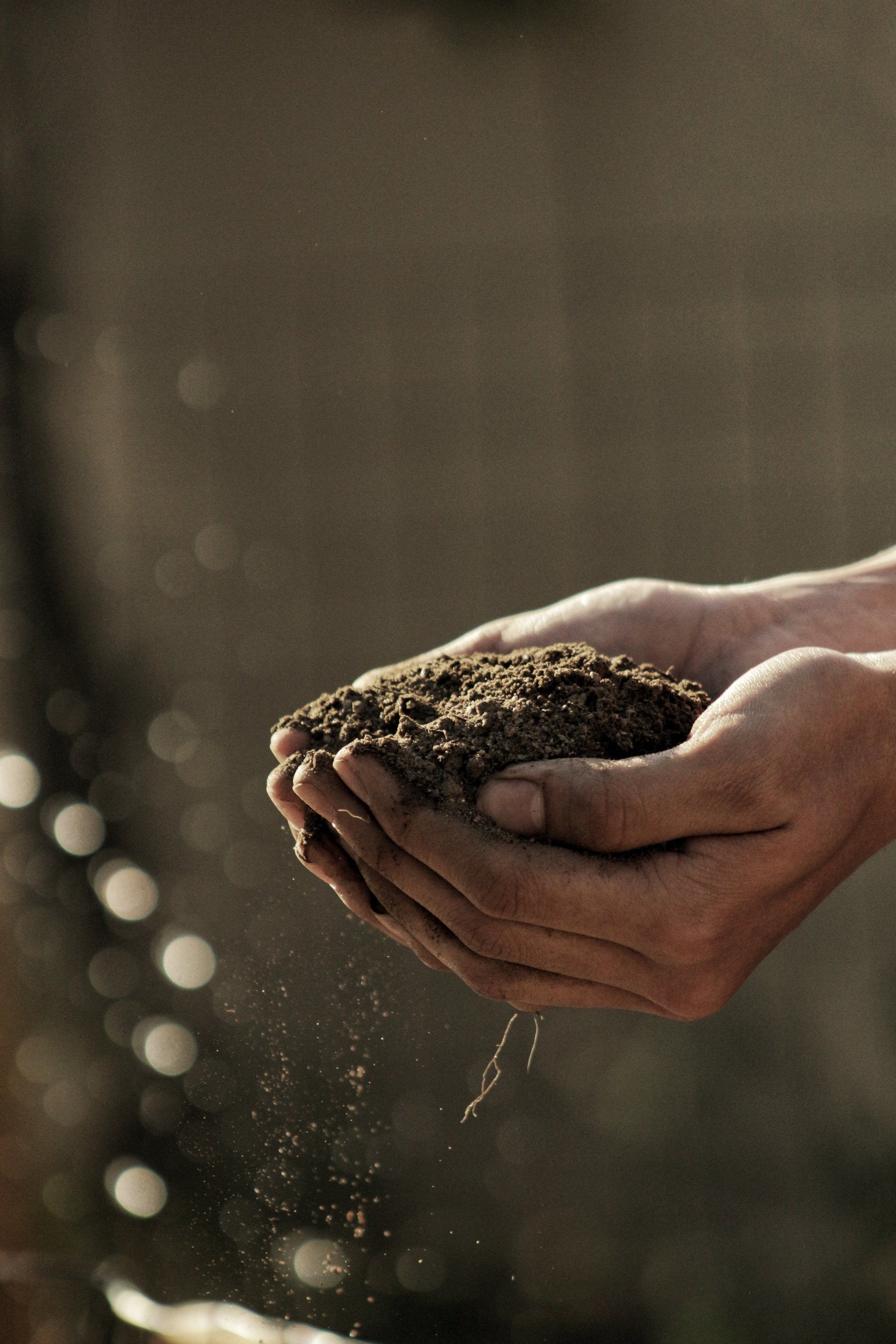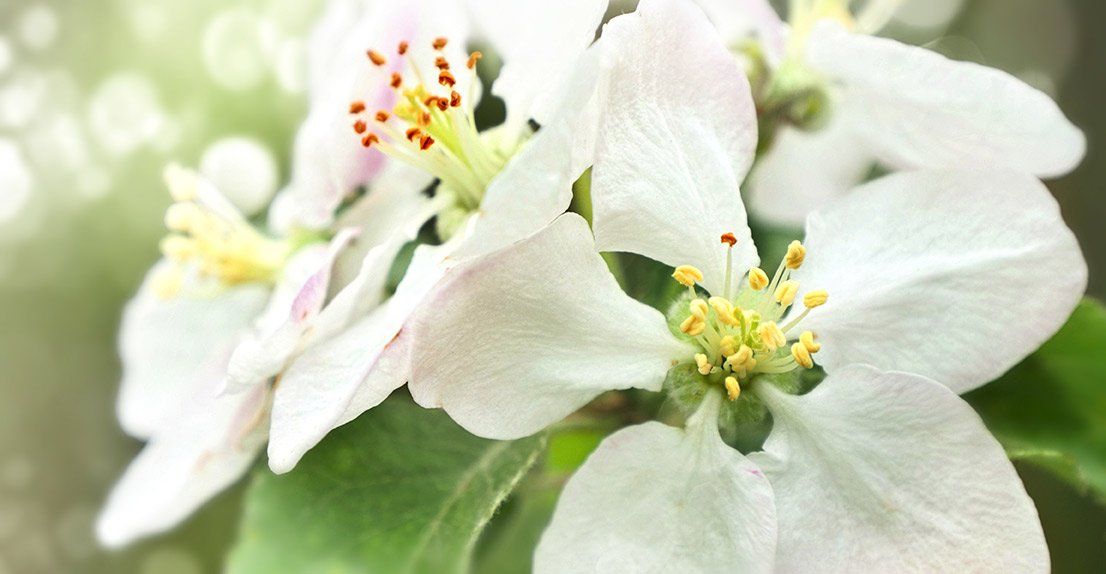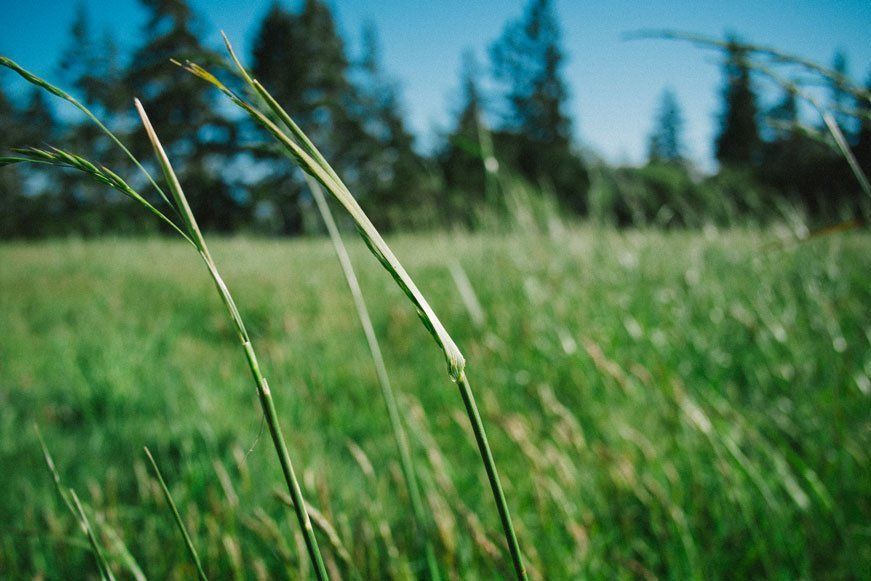Importance of Fertilizer in Vegetable Growth
Richard Snyder • January 13, 2021
If you farmer or at least work for one, then you know how important fertilizer is for producing some of the best crops in the area. You need fertilizer for larger juicier produce than the competition and in order to turn a decent profit.
Even if you just want to create a small back yard garden behind your home, you want to make sure you are seeing results. So why is fertilizer important when trying to grow vegetables?
What Does Fertilize Provide?

Fertilizer is the key to get the proper nutrients and vitamins into the soil to maintain in healthy plant growth. Without these nutrients, your plants will not have everything that is necessary to grow to their full potential and will take away from the taste and nutritional value of the food.
Nutrients found in Fertilizer:
Nitrogen-
Nitrogen is so important to growing crops because it provides the compounds needed for the plant to photosynthesis and it also offers amino acid into the plant, that helps produce proteins.
Phosphorus-
Phosphorus is needed in root growth, seed growth, and plant maturation
Potassium- Potassium helps plants fight diseases, helps maintain growth through droughts, and helps increase the volume of vegetation growth.
Calcium-
Calcium is an important factor in root growth. Without the right amount of calcium, you could see little to no vegetation growing in your garden.
Magnesium- Magnesium is another key player in photosynthesis. Aiding in the plant growth process.
Sulfur-
Sulfur is a main component in plant growth and development, and helps to winterize the crops.
Other helpful components of fertilizer are considered micro-nutrients. There are many micro nutrients in fertilizer and not all fertilizers are composed of the same things or the same amount of each. A few examples of micro nutrients are listed below.
*Iron
*Magnesium
*Zinc
*Boron
*Chlorine
*Sodium
*Cobalt
*Copper
Talk to a Professional
The exact makeup of the fertilizer you will need will depend on the crops you are growing and the soil compounds you already have in the area. Talk with a professional to decide which fertilizer is right for you.
Conclusion
Fertilizer is essential to make your farm and produce successfully. Without it, you could end up with diseased, small, or damaged crops. Even worse, you may not end up with any crops at all.
You might also like
Fertilizer and Agronomics

Over fertilizing your plants is a thing, and its a serious issue many people may not know about. Fertilizer is a chemical and although in the right amount fertilizer will create amazing crops, to much fertilize can kill them. It is important to read the instructions and do your homework on the fertilizer you are using and how much you need for each specific plant. Giving your plants to little fertilizer will show slow improvement in plant growth, and too much will result in damage and the stop of plant growth. Signs You are Over Fertilizing Your plant is growing slowly or not at all The leaves of your plants are browning The roots will look black or rotted Built up residue on plant or soil Your plants leaves are Wilting The leaves of your plants are Yellowing If you are unsure on the appropriate amount of fertilizer or the type of fertilizer needed for your garden contact and expert as soon as possible so you don't risk the chance of losing your crops.

The rule of thumb, (or should we say green thumb. :)..) is to water your grass either Early Morning, ar later in the evening after the sun starts to set. This is because you want to avoid direct sunlight when water or fertilizing your plants and grass. If there is any type of liquid on your plants or grass, there is a good chance it can burn in the sunlight, killing your plant’s leaves and leaving your grass dried up and brown. This is a major reason for people to have brown patches throughout their lawns. Another important reason behind fertilizing your plants and grass when the sun is not out is to prevent evaporation. Not only does evaporation dry out and kill vegetation, but it also quickly dries up the liquid needed to help the plants grow. When the sun is up it can dry up the fertilizer quickly, not giving it enough time to reach the roots and absorb up into the plants. Our Take Away Always make sure to fertilize your garden or grass in the dusk or dawn hours of the day. If you don’t have the time, you may want to invest in a sprinkler system that you can set specific times.


